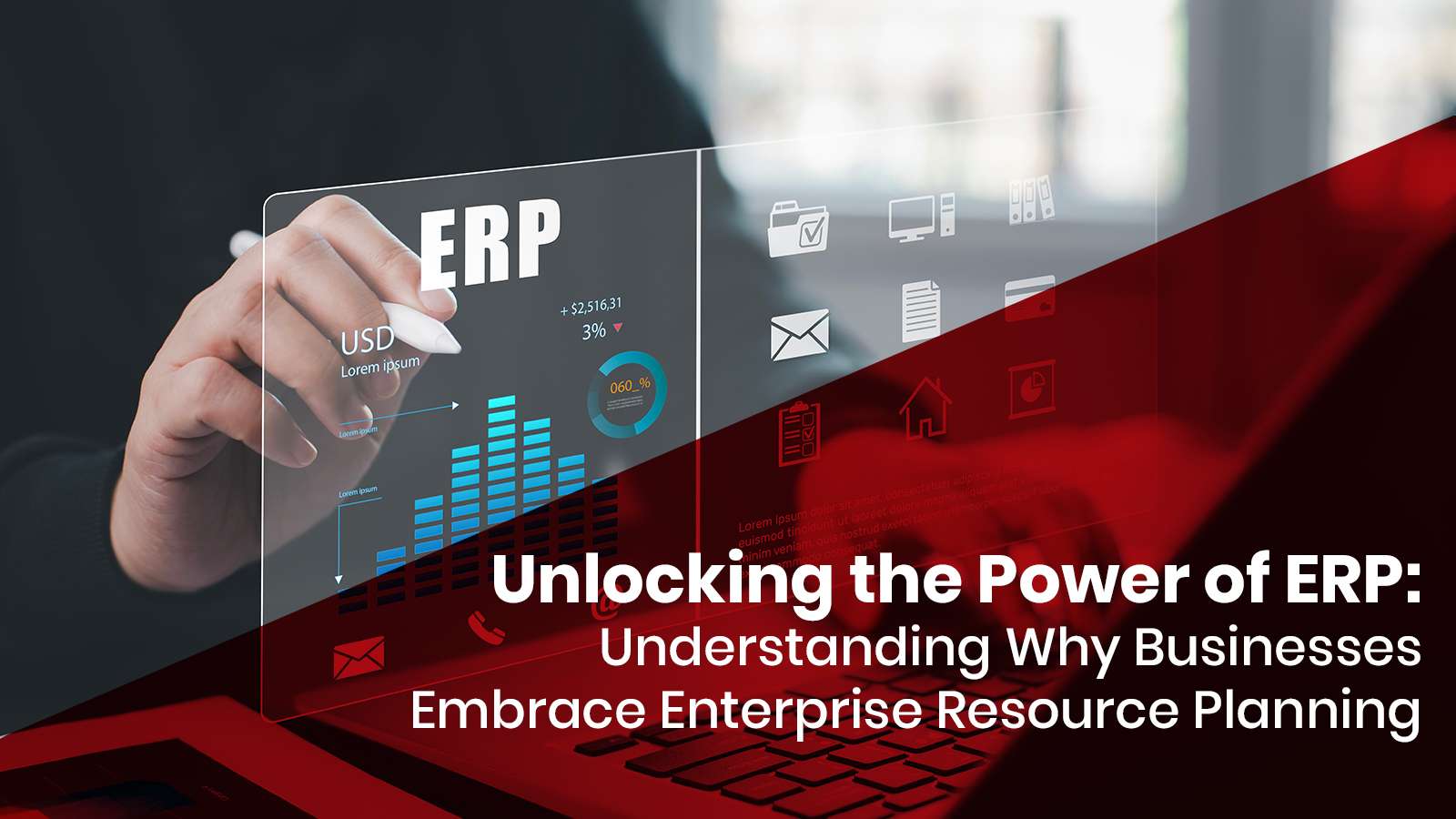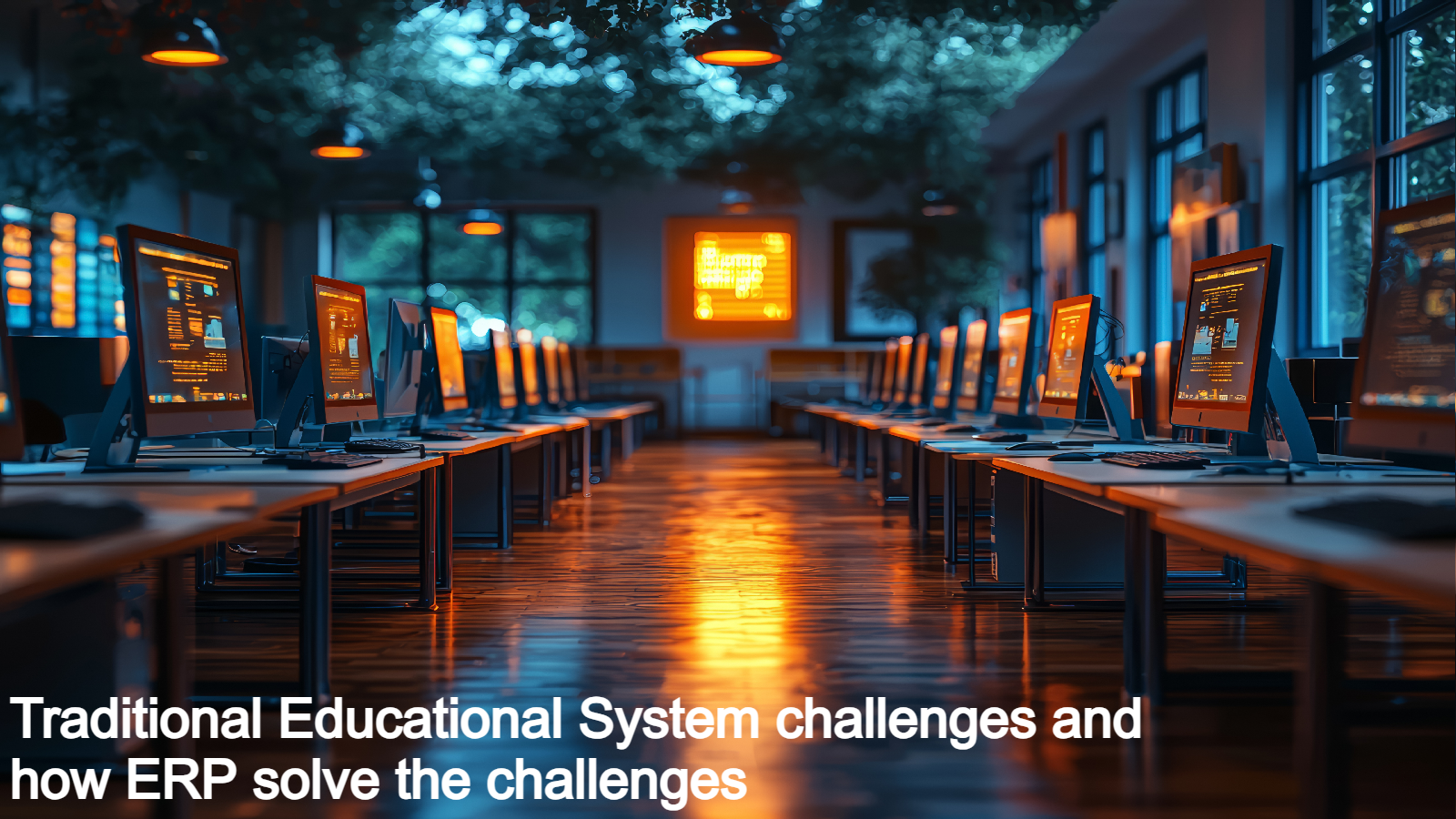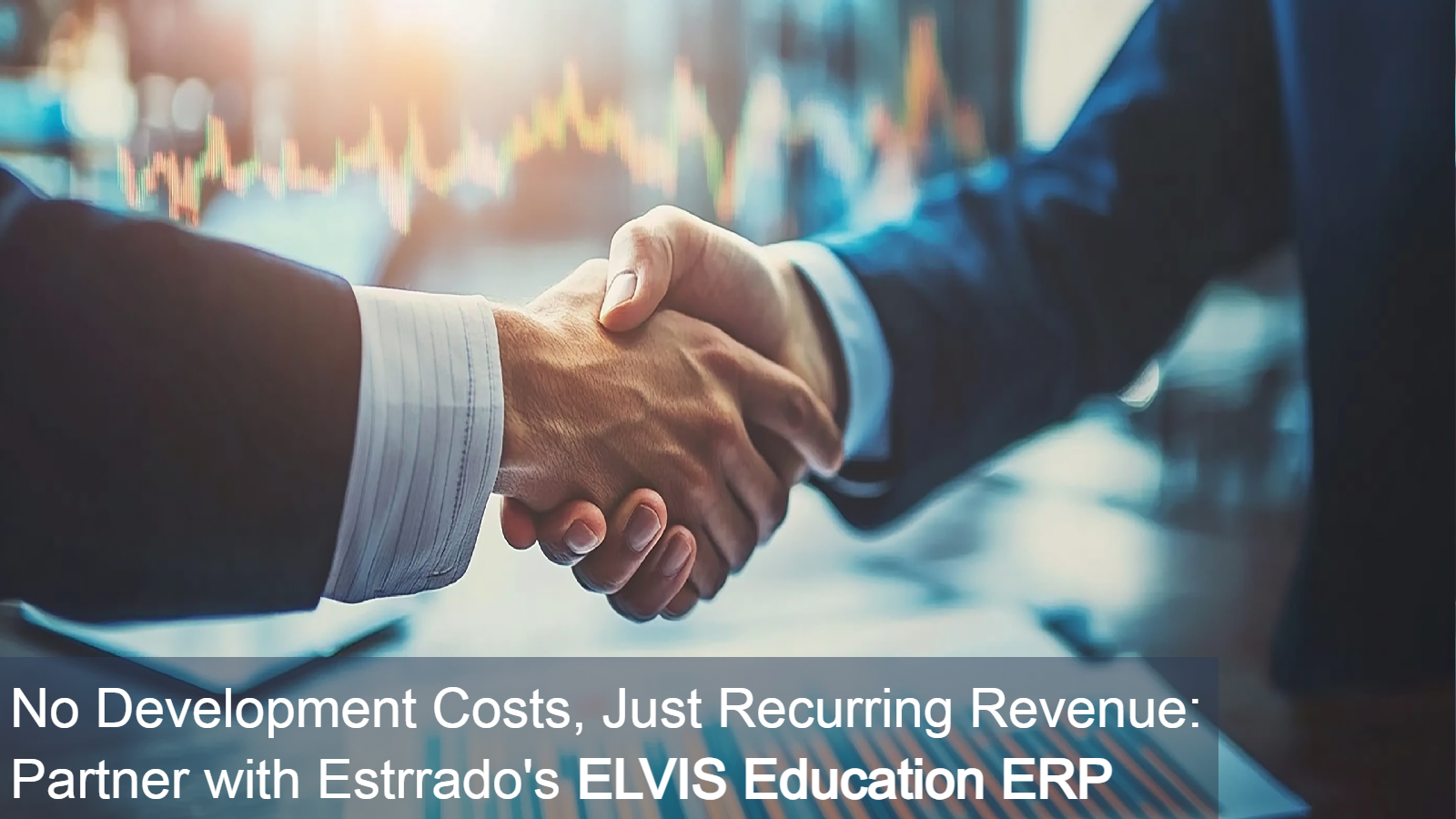Understanding the Power of Enterprise Resource Planning Software
In the dynamic world of business, everyone is looking to stay ahead but this is not an easy feat. Companies, regardless of size, face a common challenge – managing their operations efficiently and seamlessly. However, with ERP, getting that competitive edge is effortless. But what exactly is ERP, and why is it used?
In this blog, we will provide answers to these questions.
What is ERP?
ERP stands for Enterprise Resource Planning. Think of it as the nerve center of a business, connecting different departments and functions into a unified system.
Imagine you own a toy factory. Now, running a toy factory involves a lot of things – making toys, managing materials, keeping track of orders, handling money, and more. It can get confusing if you try to do everything manually.
With ERP, you can put all the important information in one place. So, if someone wants to know how many teddy bears you have in stock or how many toy cars were sold last month, you can find that using ERP quickly.
Not only that, ERP helps different parts of your business communicate with each other. With everyone having access to the same information, figuring out what works for growing your business and what doesn’t is simple.
Why Use ERP?
ERP software is the buzzword of the business world due to the following reasons:
Streamlining Operations
ERP has several benefits, one among them being streamlined operations. The ERP consolidates data and processes into one system, breaking the silo and ensuring that everybody is on the same page. In addition, it enhances efficiency and lowers the chances of human errors from manual entries.
Real-time Data
Prompt and accurate information is important in the rapid pace of the world. Real-time information on everything related to inventory and customers is provided through ERP software. Such information makes it possible to make quicker decisions. A survey carried out by Panorama Consulting reported that 53% of companies experienced improved decision-making as a result of implementing an ERP system.
Enhanced Customer Service
Any successful business is based on customer satisfaction. Thus, ERP systems help companies deliver top-notch customer services because data on customer’s requirements and preferences are available at any time. Thus, faster responsiveness, customized communications, and improved service quality in general would follow. Aberdeen Group reveals that enterprises that use ERP have improved satisfaction rates by 24% through research conducted.
Cost Savings and Efficiency Gains
At first glance, implementing ERP may appear as a major expense, but in reality, it is affordable given its future returns and efficiency benefits. ERP automates most functions that are routine therefore preventing unnecessary errors that may result from manual activities. According to a report by Nucleus Research, on average ERP systems enhance employee productivity by 22%.
Compliance with Risk Management
Complying with regulations is an important element of business operations as regulatory changes occur continuously. ERP systems help businesses adhere to some of the industry standards and regulations. Further, through data centralization and strong security measures, ERP plays a vital role in risk management safeguarding organizations against possible vulnerabilities. A report by TechRepublic stated that 95 percent of businesses witnessed improvements in their compliance programs through ERP implementation.
Conclusion
In the always-changing business world, using technology isn’t just a good idea; it’s a business must-have. Among the many powerful tools, Enterprise Resource Planning (ERP) stands out. It’s like a superhero for businesses, solving lots of problems they face every day. From making things run smoother to making customers happier, ERP is like a guide to helping businesses succeed in today’s digital world.
When a company decides to use ERP, it’s like unlocking a treasure chest of possibilities. It helps the company grow, encourages new ideas, and keeps it competitive. So, if you’re wondering why people use ERP, the answer is – ERP is like a special key that opens up all the amazing things your business can do.
Choosing ERP isn’t just a smart move; it’s a big step that brings lots of benefits. It helps things run better, lets you make decisions based on facts, and makes different parts of your business work together smoothly. It’s not just a tool; it’s like the backbone that holds up your business in a world where technology is a big deal. Whether it’s making sure you have enough products to sell or understanding how well your business is doing right now, ERP is like a superhero that makes it all happen.
Knowing why people use ERP is like understanding its special powers for businesses. It’s not just about keeping up with what’s trending in technology; it’s about making sure your business can do great things now and in the future. ERP is like a secret formula for business success. So, if you’ve been wondering why ERP is used, the answer is simple – it’s not just about using new technology; it’s about making your business stronger, more efficient, and super successful. Embrace ERP, embrace the future.
One of the best available ERPs is Elvis ERP. With Microsoft certification and clients spanning worldwide, Elvis has truly made a mark in the business world with their innovative solutions.
For more information or to answer any queries, contact us for a free consultation and take the first step in transforming your business.
Frequently Asked Questions (FAQs)
What is ERP, and why do businesses use it?
Enterprise Resource Planning (ERP) is a comprehensive software solution that integrates various business processes into a unified system. Businesses use ERP to streamline their operations, enhance efficiency, and facilitate better decision-making. It acts as a centralized hub for data, providing a holistic view of the organization’s activities.
How does ERP contribute to operational efficiency?
ERP contributes to operational efficiency by eliminating data silos and streamlining processes across different departments. This integration reduces manual tasks, minimizes errors, and improves overall productivity. With ERP, businesses can automate routine operations, allowing employees to focus on more strategic tasks.
What role does real-time data play in the adoption of ERP?
Real-time data is a game-changer in today’s fast-paced business environment. ERP systems provide instant access to critical information, enabling timely and informed decision-making. This capability is crucial for businesses looking to stay agile, respond quickly to market changes, and gain a competitive edge.
How does ERP support better customer service?
ERP systems enhance customer service by consolidating customer-related data. With a unified view of customer information, businesses can provide personalized and efficient service. Quick access to order histories, preferences, and inquiries allows for a more seamless and satisfying customer experience, ultimately fostering loyalty.
Can ERP systems contribute to cost savings for businesses?
Yes, ERP systems are designed to contribute to cost savings in the long run. By automating processes, reducing manual errors, and optimizing workflows, ERP enhances overall operational efficiency. Studies have shown that businesses implementing ERP solutions experience significant cost savings over time, making it a strategic investment for financial sustainability.








